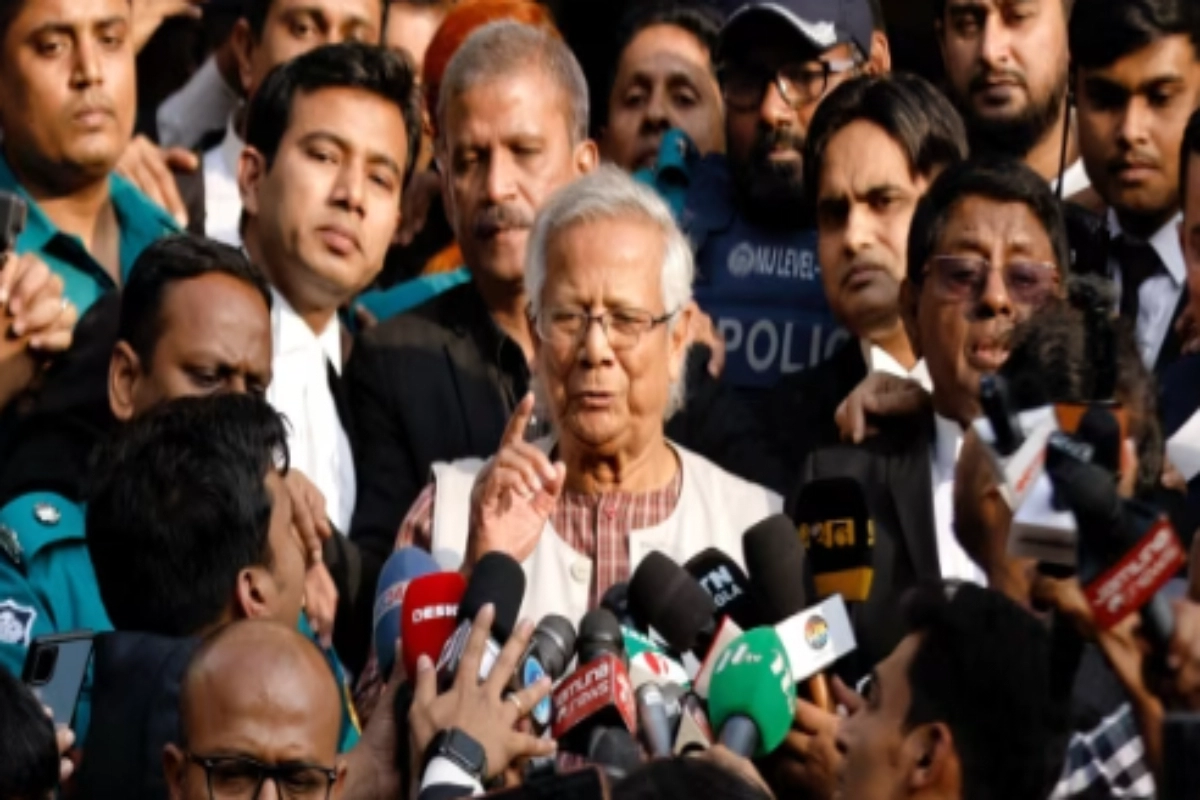Muhammad Yunus: A renowned Bangladesh social entrepreneur and Nobel Peace Prize laureate, Muhammad Yunus, was recently appointed to head Bangladesh’s interim government amidst escalating unrest. Yunus was born on June 28, 1940. He became famous after establishing the Grameen Bank in 1983. His work in pioneering microfinance has been very instrumental in providing small loans to poor people without requiring collateral, with the aim of lifting them out of poverty. This ingenuity won him the Nobel Peace Prize in 2006, shared with Grameen Bank, for efforts to create economic and social development from below.
Background of Yunus’s Appointment
The appointment of Yunus as interim head of government comes after the resignation of former Prime Minister Sheikh Hasina amidst mass protests and political instability. Its main role is therefore filling a major gap: an interim government tasked with seeing through the transition towards a more stable and democratic framework.
Mixed Reactions to Yunus’s Appointment
The choice of Yunus has been received with mixed feelings of optimism and skepticism. To many Bangladeshis, drained by relentless political and economic turbulence, his reputation as a reformer and commitment to social justice were the beacon of hope. His background in social entrepreneurship and poverty reduction may provide a platform for the successful handling of certain burning issues facing the country, such as corruption and economic inequality.
Challenges Ahead for Yunus
However, Yunus faces very stiff challenges ahead. The political scene is already polarized and volatile in public sentiments. His leadership will have to navigate through such complexities to deliver unity and some sense of progress. His experience in grassroots mobilization may help a bit, but only time will tell how effective his interim government really is by the yardstick of how much stability it is able to restore and solve the basic dilemmas that have led to such unrest.
Tthough the appointment of Yunus evokes a glimmer of hope for change, his real success will be in changing his vision into concrete realities for betterment in the lives of Bangladeshis and restoration of peace in a country torn by serious problems.
